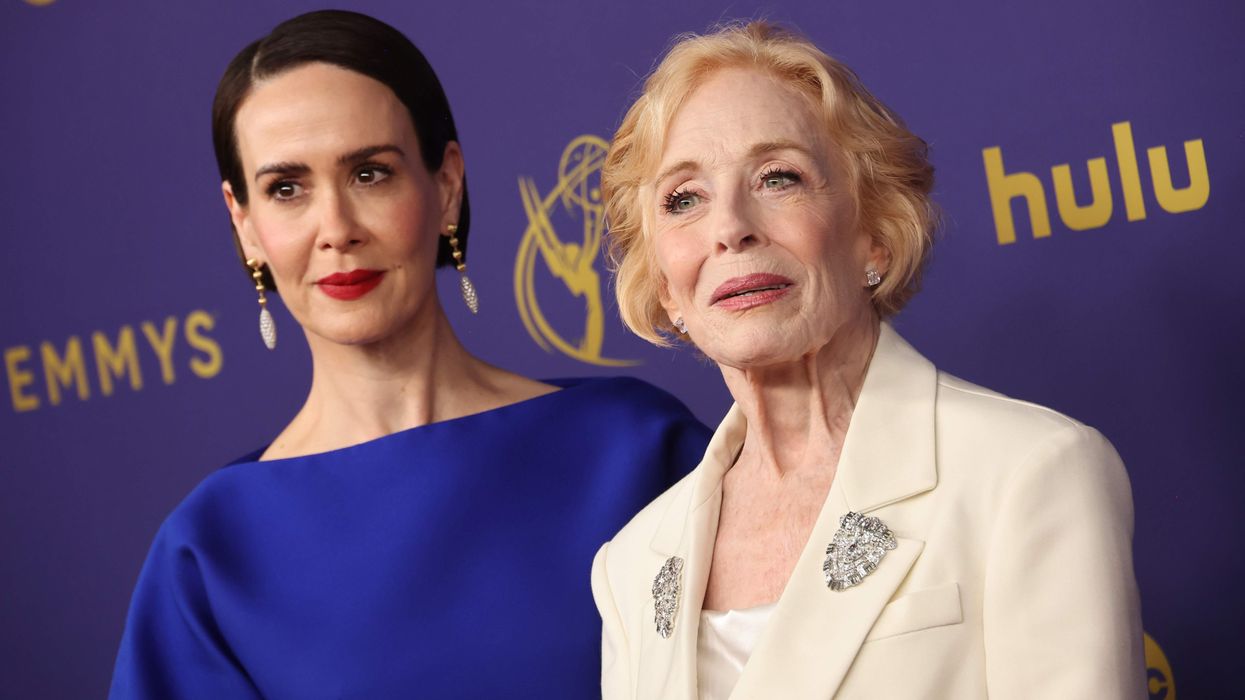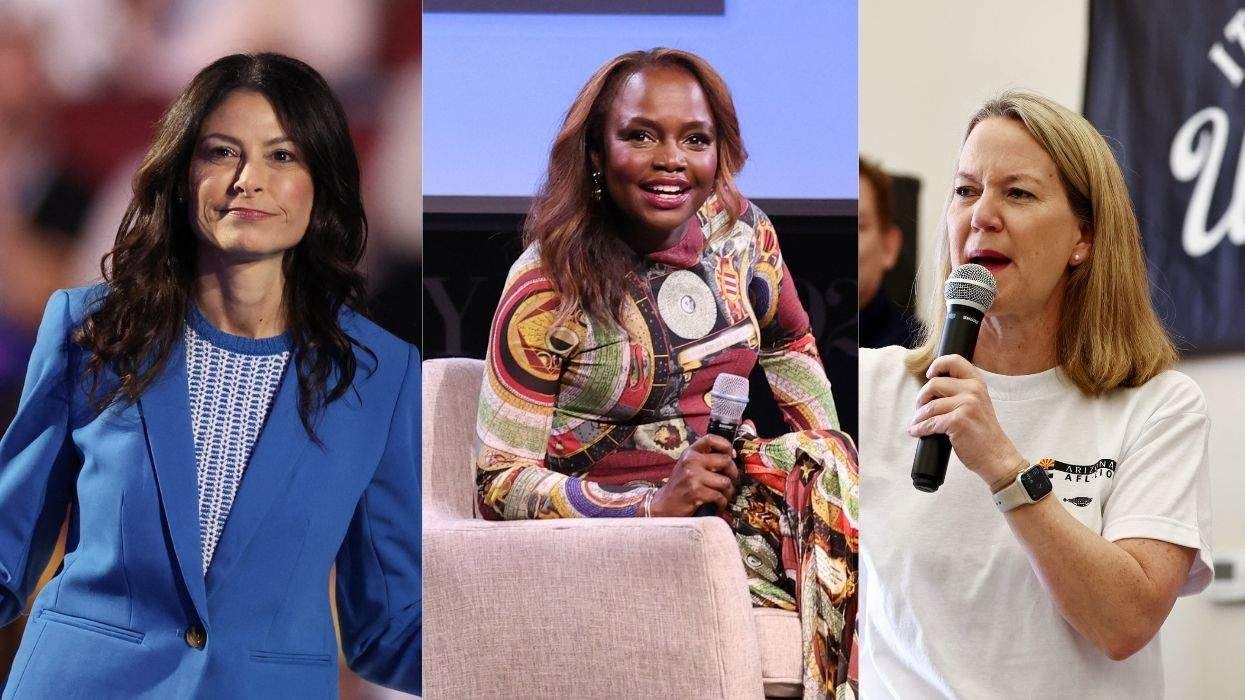All Rights reserved
By continuing to use our site, you agree to our Privacy Policy and Terms of Use.
Your support makes The Advocate's original LGBTQ+ reporting possible. Become a member today to help us continue this work.
When she was a graduate student at Harvard University, Ruth Simmons said at least one male professor shunned her, presumably because she was black, or a woman, or both.
More than three decades later, Simmons returned to that same campus, though much had changed. She was now Brown University's first female president and she represented part of a landmark change going on at the top of the Ivy League the most elite universities in the United States.
When Drew Gilpin Faust, the dean of the Radcliffe Institute for Advanced Study, takes over at Harvard on July 1, half of the venerable league's eight schools will be led by women.
Simmons said the four, including University of Pennsylvania President Amy Gutmann and Princeton President Shirley Tilghman, have carved a path that will grow among the Ivies and beyond.
"When it starts to become the issue of being the last Ivy League school to have a woman president who wants to do that?" Simmons said at a forum in Cambridge, MA, sponsored by Harvard's Radcliffe Institute for Advanced Study. "This is a league and this is a league based on competition."
Also on the panel was Judith Rodin, who became the first woman to lead an Ivy League institution when she became president of Penn in 1994. She is currently president of the Rockefeller Foundation.
Although women have made gains at the top, women still are not proportionately represented in the ranks of tenured faculty at the world's major research universities, the panelists said. Reforms in parental leave and merit-based hiring are needed for women professors to catch up, Tilghman said.
"It is much too early to declare either victory or defeat," Tilghman said. "In a way, the Ivy League is anomalous among research universities in the world."
Gutmann noted the biggest gap in education is between the rich who can afford the ballooning cost of tuition, and the poor who are left outside campus walls. Simmons also pointed to the dearth of openly gay, black and Hispanic college presidents.
The presidents each acknowledged their relentless ambition, but at the same time said they wound up at the head of four of the world's leading universities almost by accident.
What was not an accident, they said, was that Tilghman, Gutmann and Simmons were all young Princeton administrators groomed by former president Harold Shapiro.
"He would deny credit," Gutmann said. "But, he should get credit."
Faust noted that the same group of women gathered at Harvard two years ago, but under more tense circumstances.
At that time, Faust urged the women presidents to begin a campus dialogue to help beat back a storm of controversy produced by her predecessor, former Harvard President Lawrence Summers.
Summers had suggested that genetic gender differences could explain why few women rise to top science jobs. Summers' clashes with faculty including over women in science led to his resignation.
Tilghman, a biology professor and researcher, addressed the subject again Wednesday, saying she needed determination to advance in science, but also blinders to the obstacles she faced.
"There may be signals out there that tell me I can't do this, but I'm not going to recognize them," she said. "Adrenaline is a great hormone."
So are "chocolate and Diet Coke," Gutmann joked. (Jesse Harlan Alderman, AP)



































































Charlie Kirk DID say stoning gay people was the 'perfect law' — and these other heinous quotes